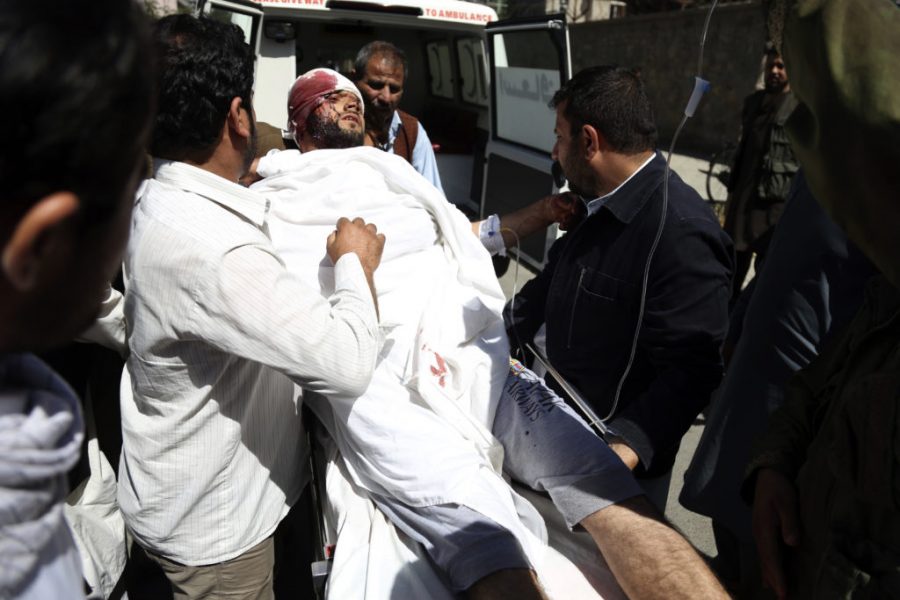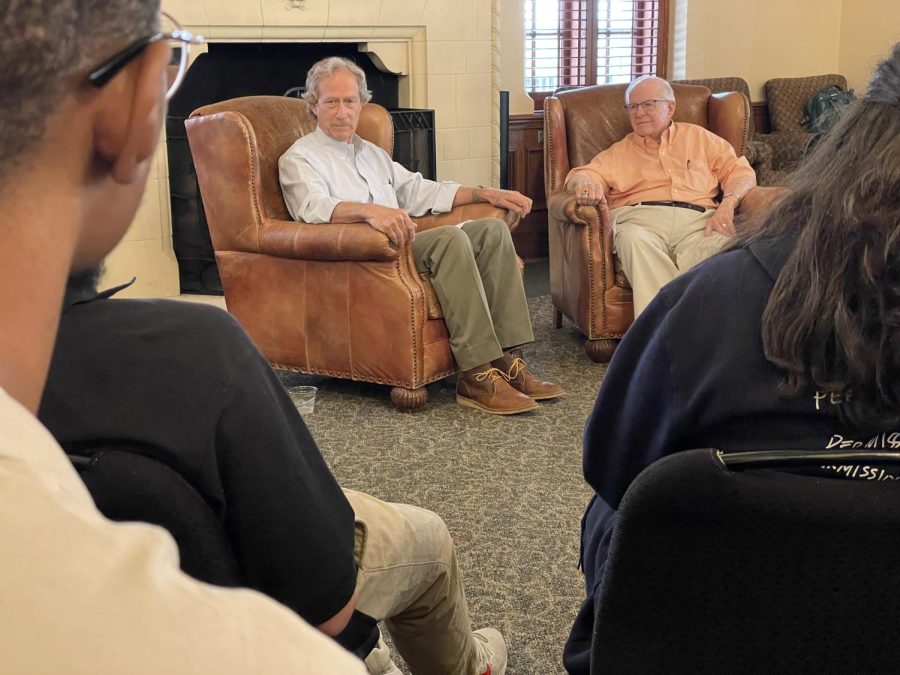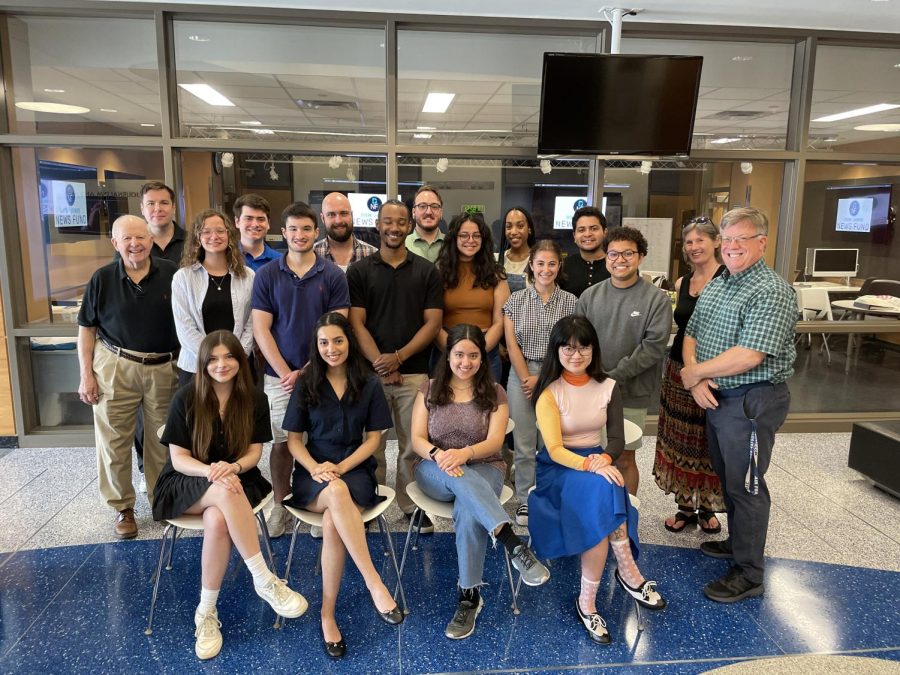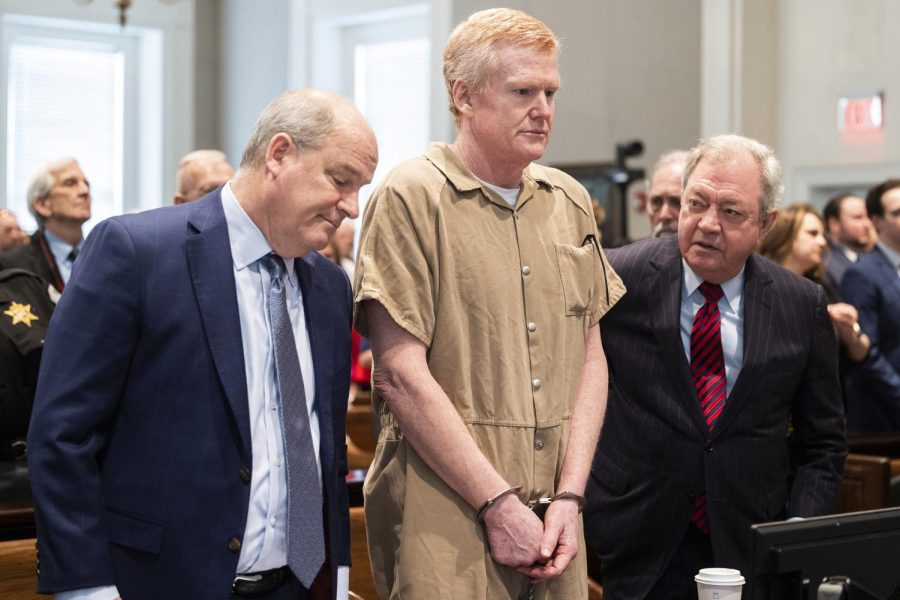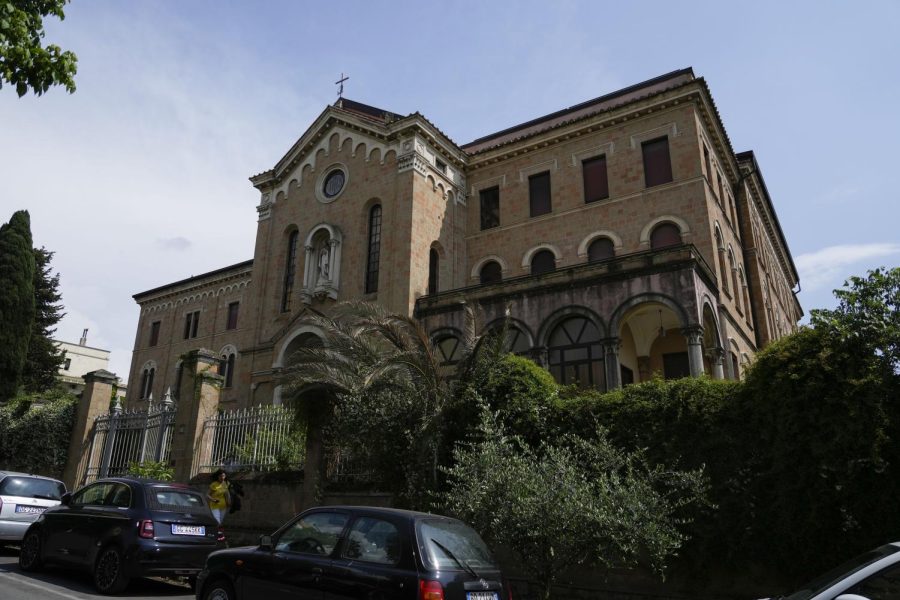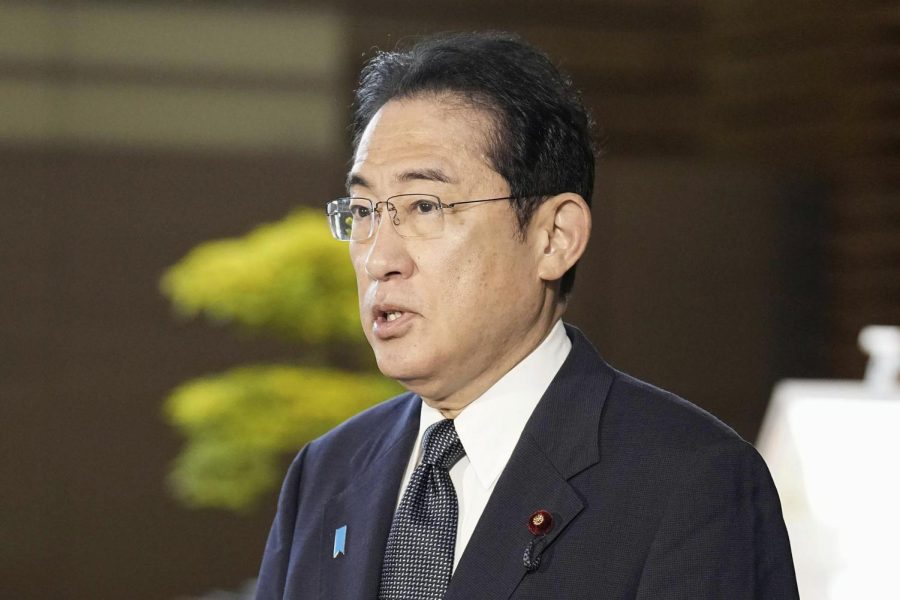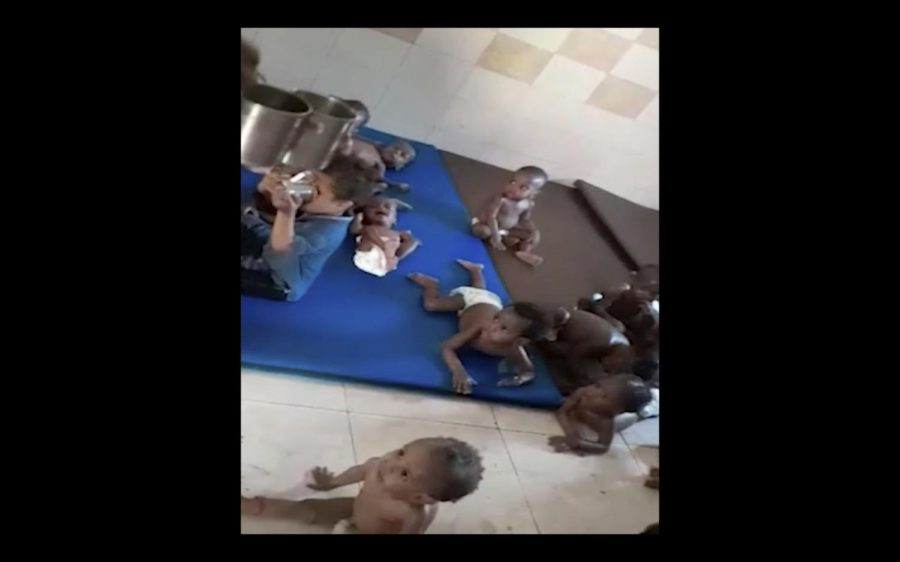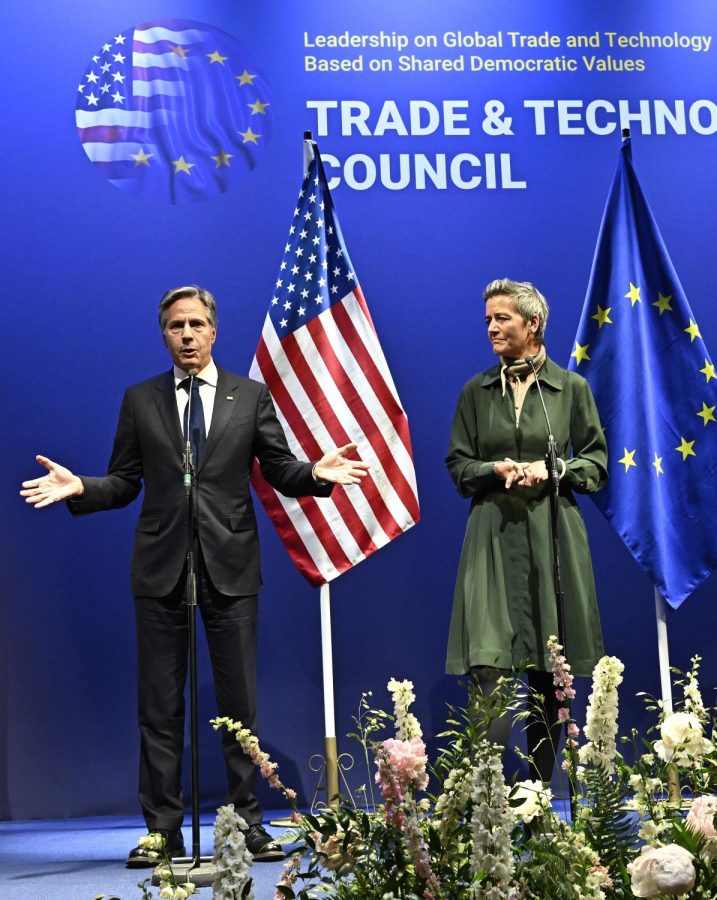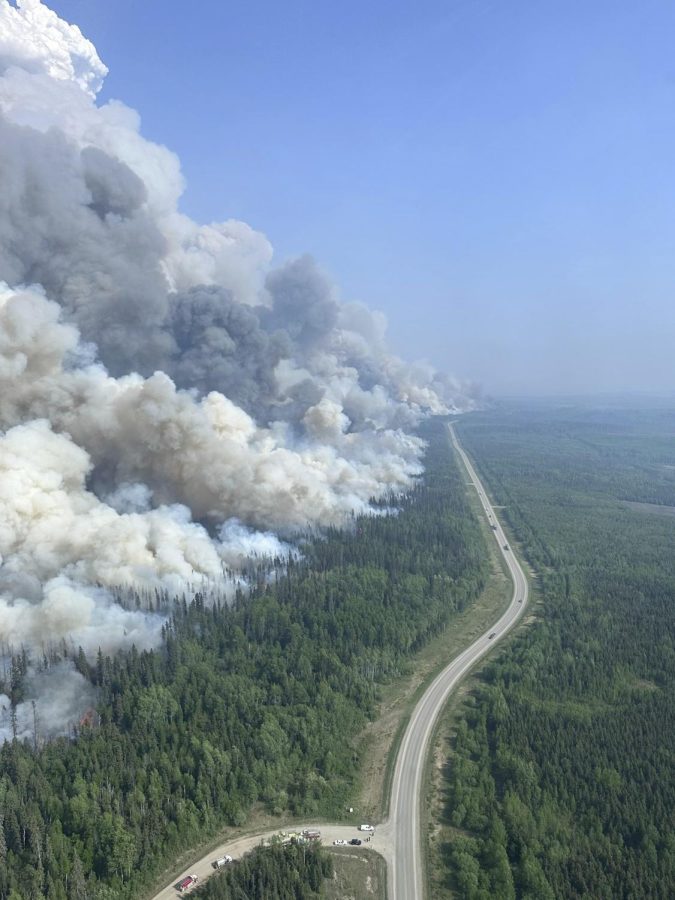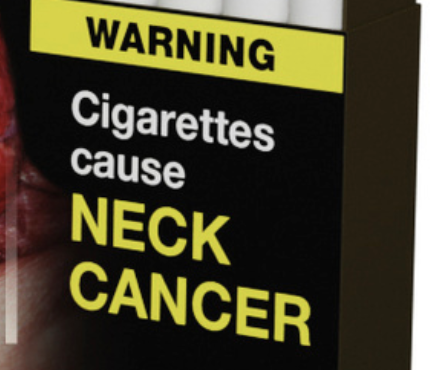RAHIM FAIEZ and KATHY GANNON
Associated Press
KABUL, Afghanistan — A suicide attacker struck the heart of the Afghan capital Wednesday, killing 90 people, wounding 400 and raising new fears about the government’s ability to protect its citizens.
The bomber drove into Kabul’s heavily guarded diplomatic quarter during the morning rush hour, leaving behind a bloody scene of chaos and destruction in one of the worst attacks since the reduction of foreign forces from Afghanistan in 2014.
Most of the casualties were civilians, including women and children, said Ismail Kawasi, spokesman of the public health ministry. The dead also included Afghan security guards, including those stationed at the U.S. Embassy. Eleven American contractors were wounded — none with life-threatening injuries, according to a U.S. State Department official.
[aesop_video align=”center” src=”youtube” id=”l5MwLIACQ_Y” disable_for_mobile=”on” loop=”on” autoplay=”on” controls=”on” viewstart=”on” viewend=”on” revealfx=”off”]
“I have been to many attacks, but I can say I have never seen such a horrible attack,” ambulance driver Alef Ahmadzai told The Associated Press. “Everywhere was on fire, and so many people were in critical condition.”
There was no claim of responsibility for the attack, which came in the first week of the Muslim holy month of Ramadan. The Taliban condemned the attack, flatly denying any involvement.
The explosives were hidden in a tanker truck used to clean out septic systems, said Najib Danish, deputy spokesman for the country’s interior ministry. The number of dead and wounded was provided by the Afghanistan government’s media center.
The blast gouged a crater about five meters (15 feet) deep near Zanbaq Square in the Wazir Akbar Khan District, where foreign embassies are protected by a battery of security personnel, Afghan police and National Security Forces. The nearby German Embassy was heavily damaged.
Also in the area is Afghanistan’s Foreign Ministry, the presidential palace and its intelligence and security headquarters.
“The terrorists, even in the holy month of Ramadan, are not stopping the killing of our innocent people,” said President Ashraf Ghani.
Afghanistan’s war, the longest-ever involving U.S. troops, has shown no sign of letting up, and the introduction of an Islamic State affiliate has made the country only more volatile.
Although they are few in number, militants from the Islamic State in Khorasan — an ancient name for parts of Afghanistan, Iran and Central Asia — have taken credit for several brazen assaults on the capital.
“Let’s be clear: This is an intelligence failure, as has been the case with so many other attacks in Kabul and beyond. There was a clear failure to anticipate a major security threat in a highly secured area,” Michael Kugelman, Asia Program deputy director and senior associate for South Asia at the U.S.-based Woodrow Wilson International Center, wrote in an email.
“The fact that these intelligence failures keep happening suggest that something isn’t working at the top, and major and urgent changes are needed in security policy,” he wrote.
Still, there are questions about whether a U.S. pledge to send more troops to Afghanistan will curb the violence.
“The sad reality is that more foreign troops would not necessarily ensure these attacks happen less,” Kugelman said. “But they could help by supplementing training programs meant to enhance Afghan intel collection capacities, which have long been a deficiency in Afghanistan.”
There are currently 8,500 U.S. troops in Afghanistan and the U.S. has promised that it will send more.
In regard to security in the region, Afghan lawmaker and analyst Nasrullah Sadeqizada said “the situation is deteriorating day by day.”
Gen. Mirza Mohammad Yarmand, former deputy interior minister, said more troops won’t help, although he urged the global community to stay committed to Afghanistan.
“I don’t think that more U.S. or NATO soldiers can solve the security problems in Afghanistan,” he said.
In the past year, U.S. troops have largely focused on thwarting a surge in Taliban attacks.
The stricken neighborhood was considered Kabul’s safest, as embassies are protected by dozens of 10-foot-high blast walls and government offices guarded by security forces. More than 50 cars were either destroyed or damaged.
“I’ve never seen such a powerful explosion in my life,” said Mohammad Haroon, who owns a nearby sporting goods store. All the windows in his shop and others around him were shattered, he added.
Shocked residents soaked in blood stumbled in the streets before being taken to hospitals. Passers-by helped them into private cars, while others went to the nearby Italian-run Emergency Hospital.
Besides the German Embassy, damage was reported at the embassies of China, Turkey, France, India and Japan, according to officials from those countries. Other nearby embassies include those of the U.S., Britain, Pakistan and Iran, as well as the NATO mission.
Nine Afghan guards at the U.S. Embassy were killed, according to a U.S. State Department official, who was not authorized to talk publicly on the matter and spoke on condition of anonymity. None of the wounded Americans appeared to have life-threatening injuries, the official said.
The BBC said one of its drivers was killed and four of its journalists were wounded. Afghanistan’s private TOLO Television also reported a staffer killed; Germany said an Afghan security guard outside its embassy was among the dead. A German diplomat was slightly wounded and an Afghan staffer had severe injuries.
Germany has had troops in Afghanistan for 15 years, primarily in the north in and around Mazar-e-Sharif. About 980 soldiers support and train Afghan forces.
Chancellor Angela Merkel condemned the attack, saying that “terrorism has no borders.”
“Today we’re united in shock and sadness across all borders,” she added.
It “targets all of us,” she said in the southern German city of Nuremberg.
She vowed: “We will lead the fight against terrorism, and we will win it.”
[aesop_gallery id=”5314″ revealfx=”off”]


